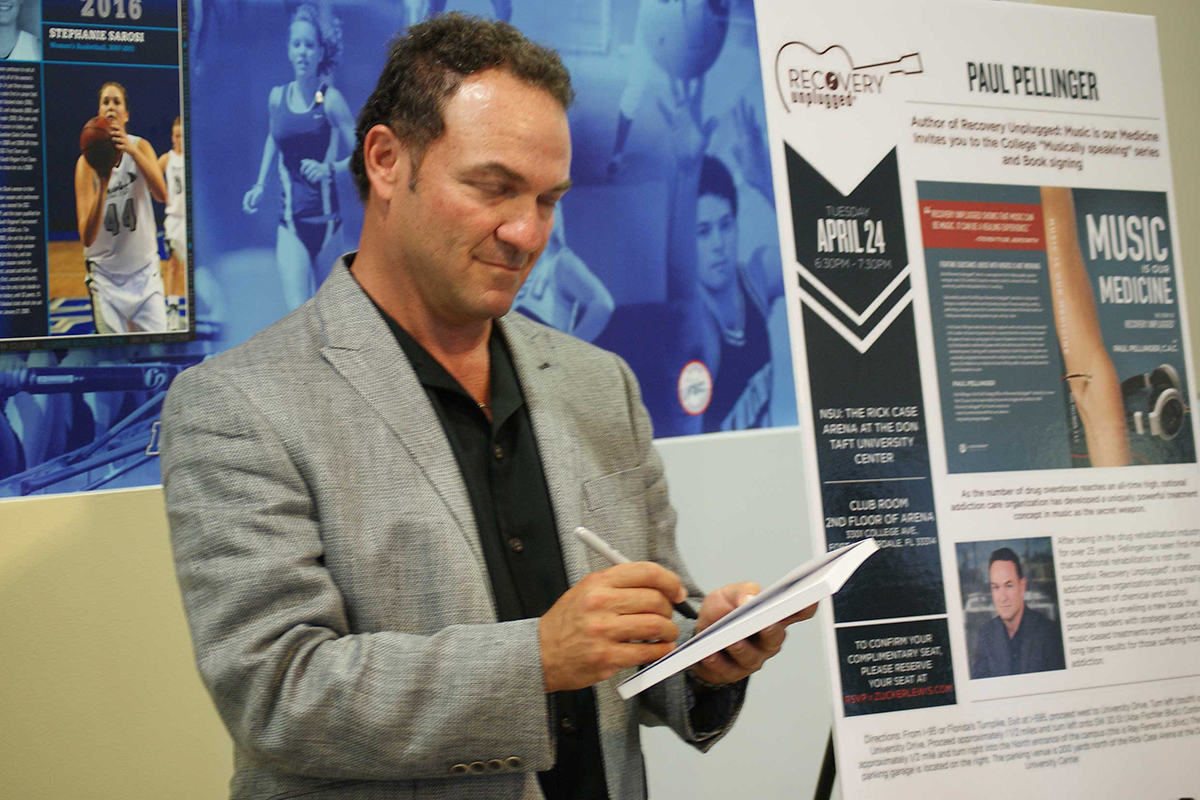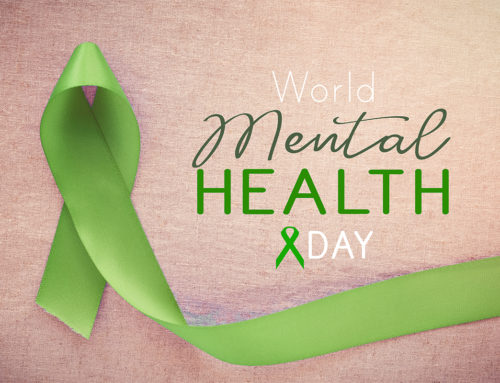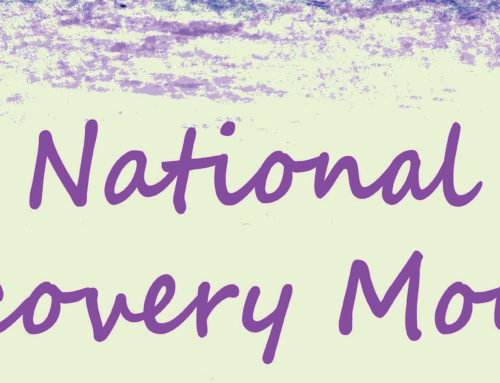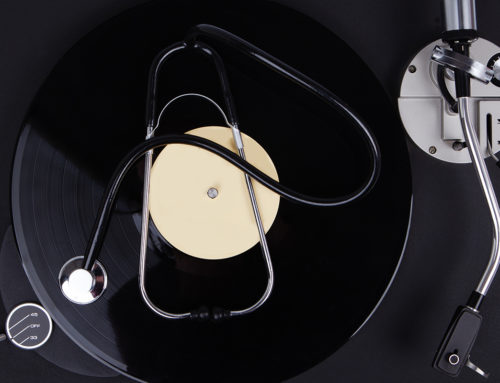It’s nearly impossible to find someone who doesn’t like music. Our love of music is hard-wired into who we are as human beings, and link between music and emotion is ever-present in our lives. Evolutionarily speaking, one of the first distinctly human features during the early development of the Homo sapiens species was our ability to create and respond to music. Research also supports the significance of music as a large part of our cultural genealogy and evolution due to evidence showcasing dopamine’s role in the pleasure experienced while listening to music. Theoretical and philosophical assertions, when in conjunction with hard evidence and scientific research, reveal that dopaminergic transmissions and the brain’s own opioid production are directly involved with the amount of pleasure, abstract reward, and therapeutic benefit we gain from listening to music.
The Evolution of our Relationship with Music
Since the beginnings of our species’ evolution, we have been surrounded by rhythm. From the womb, the only sound a fetus can truly make sense of is their mother’s heartbeat and her voice. From infancy onwards, we are programmed to respond to handclapping, primitive, and basic beats. It’s been hypothesized by philosopher Susan Langer that spoken language and music as we know them evolved over time from a half-coherent “musi-language” that developed from our ancestral primate calls and our Neanderthal predecessors. This musi-language may explain why we respond so strongly to modern music and instrumentals—our evolutionary antecedents communicated with emotional calls that lacked words as we now know them.
Many have described music as a language of feeling. The issue with describing music as a “language,” especially one of feeling, is that it is nearly possible and almost futile to try and classify or quantify emotions. Nobody argues that music moves us—it is more of a question of “how” and “why.”
Neuroscientific Evidence for our Physiological Response to Music
While it might be nearly impossible to quantify emotions, studies using brain imaging have provided evidence of the right brain hemisphere’s activation while listening to music that has been associated with an emotional experience. When listening to their favorite kinds of music, people have often reported that they experience intensely personal, emotionally laden unsolicited thoughts and memories. Regardless of the presence or absence of lyrics, listeners report self-referential thoughts and memories triggered by different types and genres of music. The reason behind the occurrence of unsolicited and unanticipated thoughts lies in the default mode network, the circuit of the brain responsible for internally focused thoughts, which becomes most connected when listening to preferred music.
Listening to a favorite song can also alter the connection between the auditory areas of the brain and the hippocampus, which is responsible for memory and social-emotional consolidation. When listening to a favorite song, the hippocampus functionally separates from the auditory cortex. This means that the brain likely retrieves rather than encodes emotionally charged, autobiographic, and episodic memories.
Another study shows evidence of the casual role of dopamine in how we perceive and derive pleasure from music. Conducted by an international team of researchers, this study administered either levodopa, which raises the dopamine levels in the brain, or risperidone, which does the exact opposite. Participants then listened to music in sessions over the course of three days while having their electrodermal activity measured via skin sensors, and afterwards answered a questionnaire. The results were clear and play an integral role in understanding how dopaminergic transmissions affect abstract rewards in humans.
Another paper co-authored by senior author and cognitive psychologist Daniel Levitin reports the first clinical demonstration of the direct involvement of the brain’s own opioids in musical pleasure. The team conducting the study selected subjects and temporarily blocked the opioid receptors in the brain using naltrexone, an opiate antagonist which has been used and prescribed for treating substance abuse disorders. After the subjects ingested the naltrexone, researchers measured participants’ responses to music and found that music no longer brought the listeners any pleasure. Even their favorite songs feel the same, and they lacked the same feelings of pleasure normally elicited. After finishing the study, some participants shared that while on the opioid-blockers their favorite types of music and favorite song didn’t “feel like it normally did.” Those who studied this previously operated under the belief that naltrexone and naloxone specifically affected pleasure and reward with food and drink, but that this did not extend to sex or music.
Music as a Method for Therapy
Music provides and elicits responses at a soul-deep and neurological level. Hard-wired into us as a species, music stimulates the brain and provides us with a non-invasive technique that can help treat cognitive and physical ailments. The intensely therapeutic value of music can be explained in part by its long-term cultural role in catalyzing social learning and emotional well-being. Music rouses feelings in us, along with associated physiological responses, and we can learn so much about our origins and our brains by observing how music accesses and stimulates specific cerebral circuits. The evidence is all there—there’s a clear connection between musical creativity and psychopathology.
According to Jonathan Burdette, M.D., a neuroradiologist at Wake Forest Baptist Medical Center and author of a study that uses functional magnetic resonance imaging (fMRI) to map and record the brain’s response to music, “Music isn’t going to cure anything, but it definitely can play a therapeutic role.” Music can help restore neuroplasticity in the brain and can be immensely useful in re-establishing neural connections in the brain that existed prior to injury or trauma. This has been evidenced in programs that help those struggling the Alzheimer’s, dementia, and substance abuse disorders.
How Recovery Unplugged Uses Music as our Medicine
Here at Recovery Unplugged, we use music assisted treatment as a catalyst for recovery. We believe that music makes the difference, and that it can help aid those suffering from the disease of addiction find pleasure outside of drugs and alcohol. In our fully-integrated, music-based program, we use music assisted treatment to help our clients engage the root causes of their substance abuse and to help them identify and remove the emotional barriers that contributed to their abuse in the first place. Music is a part of who we are and what it means to be human, and affects us on psychological, chemical, and neurological levels. Music can help us heal, and music can be our medicine.







